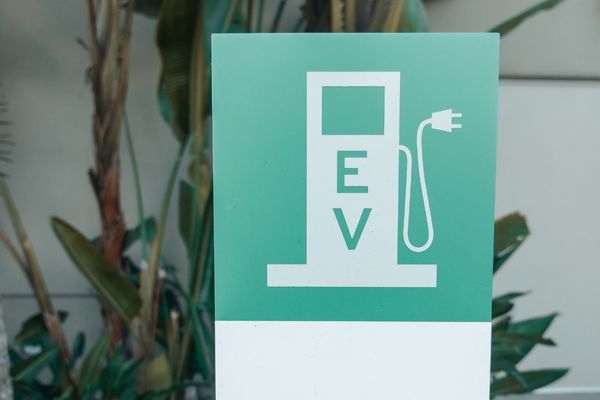Deadline: 20-Apr-23
The European Commission (EC) is calling for proposals for User-centric Design and Operation of EV for Optimized Energy Efficiency.
Scope
This topic’s scope relates to both the operational perspective (especially intended vehicle usage, as well as user behaviour, preferences, route planning, infrastructure, weather conditions, etc.) and the technological perspective, addressing new concepts and components, their efficiency, as well as new approaches based on artificial intelligence (AI) employed in design, development and controls, and the potential of cloud-based solutions.
Funding Information
The check will normally be done for the coordinator if the requested grant amount is equal to or greater than EUR 500 000, except for:
- public bodies (entities established as a public body under national law, including local, regional or national authorities) or international organisations; and
- cases where the individual requested grant amount is not more than EUR 60 000 (lowvalue grant).
Expected Outcomes
In the coming years, user-centric design, predictive control and artificial intelligence will offer significant opportunities to improve both the design and the operation of electric vehicles (EV) to make them more affordable, efficient and offer an even more attractive driving experience. This includes particularly the potential for improved thermal energy management, ranging from the HVAC system and components to powertrain and vehicle interior thermal design. Project results are expected to contribute to all the following outcomes:
- Accelerated uptake of affordable and more energy efficient electric vehicles (EVs) through the development of innovative and holistic user-centric solutions, optimized system concepts and components sizing.
- Increase comfort and safety (e.g. de-misting) functions’ effectiveness and leading to a real world range increase of 20% (compared to the chosen State of the Art donor vehicle or demonstrator) at external temperature of 0 degrees Celsius
- Component sizing and performance matched to vehicle reliability and performance requirements to reduce costs by at least 5% at vehicle level.
- Reduced development time at vehicle systems and components by 30% through the use of Artificial Intelligence (AI) for advanced design support and control algorithms in EV holistic thermal management and powertrain systems.
Eligibility Criteria
- To become a beneficiary, legal entities must be eligible for funding.
- To be eligible for funding, applicants must be established in one of the following countries:
- the Member States of the European Union, including their outermost regions,
- the Overseas Countries and Territories (OCTs) linked to the Member States,
- countries associated to Horizon Europe;
- the following low- and middle-income countries.
For more information, visit European Commission.
